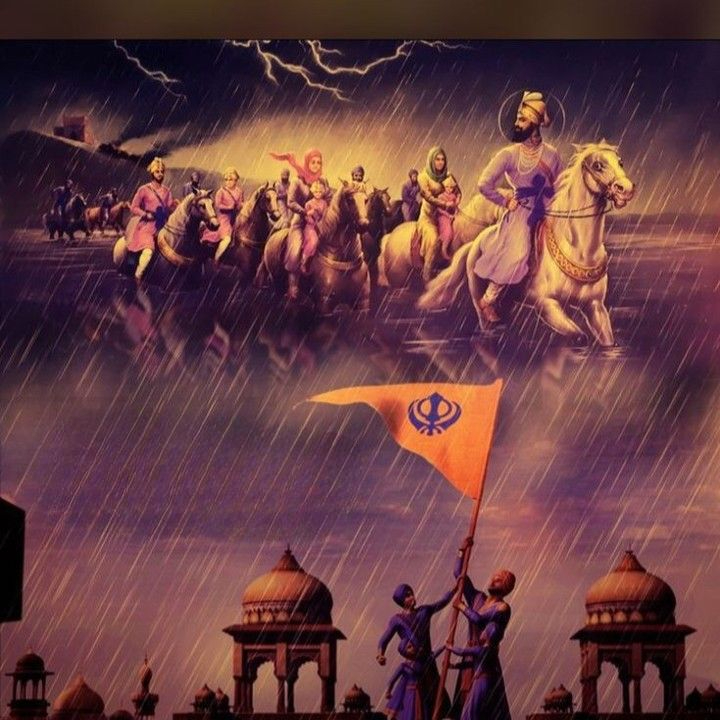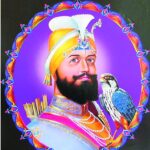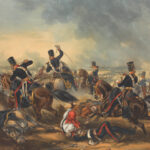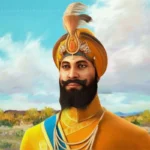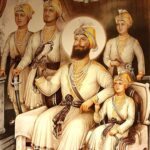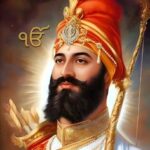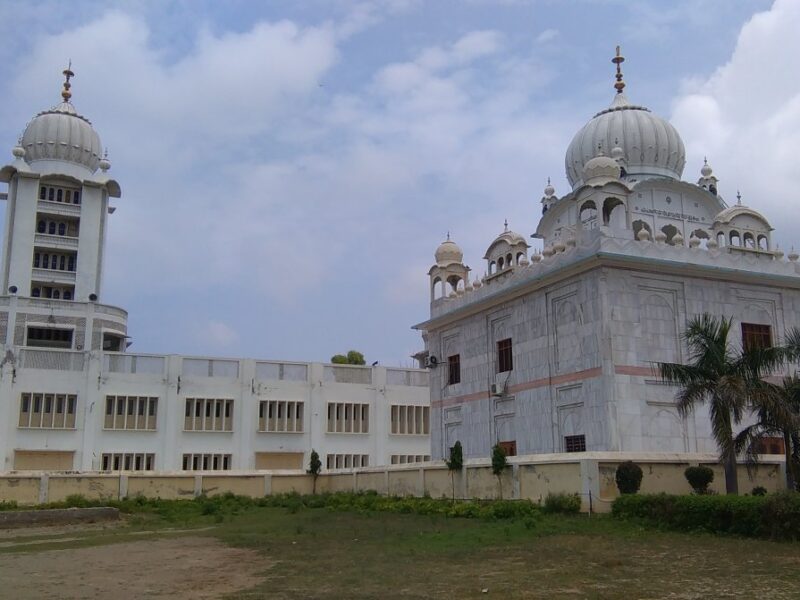Guru Gobind Singh Ji’s life was marked by 21 historic battles against Mughal oppression and the tyranny of Shivalik kings. These conflicts weren’t merely military engagements – they were spiritual revolutions fought on battlefields. Let’s explore seven pivotal battles that shaped Sikh history:
These battles weren’t about territory or power – they were the furnace that forged the Khalsa’s soul. Each clash taught humanity enduring lessons: that righteousness outlives tyranny, that courage multiplies in adversity, and that true victory lies in upholding dharma against all odds.

Battle of Bhangani (1688)
When Fateh Shah and Najabat Khan launched an unprovoked attack, Guru Ji – with support from his maternal uncle Kirpal and Brahmin warrior Dayaram – delivered a crushing defeat. This first major victory established the young Guru’s military genius.
Battle of Nadaun (1691)
Facing the combined Islamic forces of Mian Khan and Ali Khan, Guru Ji forged an alliance with hill kings like Bhim Chand. Their united front didn’t just win the battle – it demonstrated Sikhism’s power to unite divided factions against oppression.
Battle of Anandpur (1700)
Aurangzeb sent 10,000 soldiers to crush the Sikh spirit. Guru Ji’s outnumbered Khalsa warriors turned this into a masterclass in guerrilla warfare, proving that faith and strategy could overcome overwhelming odds.
First Siege of Anandpur (1700)
When hill kings and Gujjar tribes besieged Anandpur, Sahibzada Ajit Singh (just 17 years old) led the defense. This battle immortalized the Sikh ethos of resilience – that fortified cities matter less than fortified spirits.
Battle of Chamkaur (1704)
History remembers this as the ultimate sacrifice. Forty Sikhs held off 10,000 Mughals. The martyrdom of Sahibzadas Ajit Singh (18) and Jujhar Singh (14) wasn’t defeat – it was the birth of an eternal legend that “one Sikh equals sava lakh (125,000).”
Battle of Muktsar (1705)
Wazir Khan’s forces learned the hard way that attacking the Khalsa meant facing divine wrath. The “Liberated Forty” (Chali Mukte) who redeemed themselves in this battle proved that even past mistakes can become sources of glory.
Battle of Jajau (1707)
In this Mughal succession war, Guru Ji’s support to Bahadur Shah altered India’s political landscape. It showed the Khalsa could influence empires while remaining spiritually sovereign.
“When all other means fail, it is righteous to draw the sword.” – Guru Gobind Singh Ji
